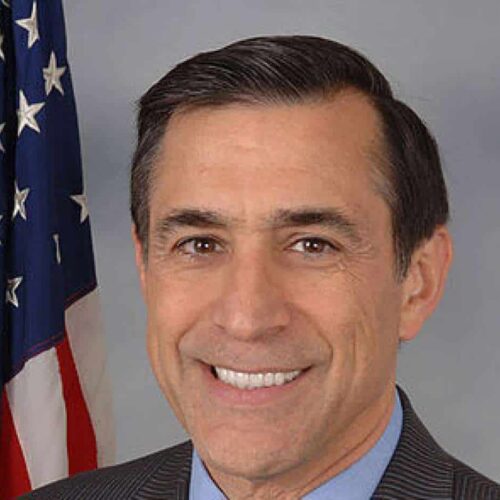Introduction
Rep. Darrell Issa, R-Calif., is a powerful congressional chairman who has been a vocal critic of Obama administration policies he views as anti-business. But his fierce advocacy for the business community, specific deals under federal purview, as well as federally-funded projects and congressional earmarks, has also netted him millions and raised the specter for conflict of interest, according to the New York Times.
The story details a congressman who has unabashedly maintained and increased scores of business interests as his profile in Washington has grown. Issa has ties to telecommunications companies and banks, among other interests.
The story notes that a congressional ethics committee probe was considered and then dismissed amid a lack of evidence that Issa had direct conflicts in his congressional role.
Issa’s Committee on Oversight and Government Reform hired staff that had deep ties to industry, including conservative billionaire activists David and Charles Koch and the Alliance of Automobile Manufacturers, iWatch News reported in February.
iWatch News also profiled Issa, including his big PAC contributors and revolving door from his staff, after the November election sealed his chairmanship.
Issa’s committee also investigated whether a Democratic candidate in Chicago had received political favors from regulators; an inspector’s general report later cleared the bank.
Earlier this year, Issa launched an investigation into a Bureau of Alcohol, Tobacco, Firearms and Explosives’ gun-smuggling operation nicknamed Fast and Furious reported extensively by iWatch News.
Issa maintains a stake as a board member in DEI, an electronics company that is related to Sirius Radio. The Times reports that Issa championed the merger of Sirius and satellite radio company XM while he stood to benefit. Those ties were the subject of a 2007 iWatch News investigation.

Join the conversation
Show Comments